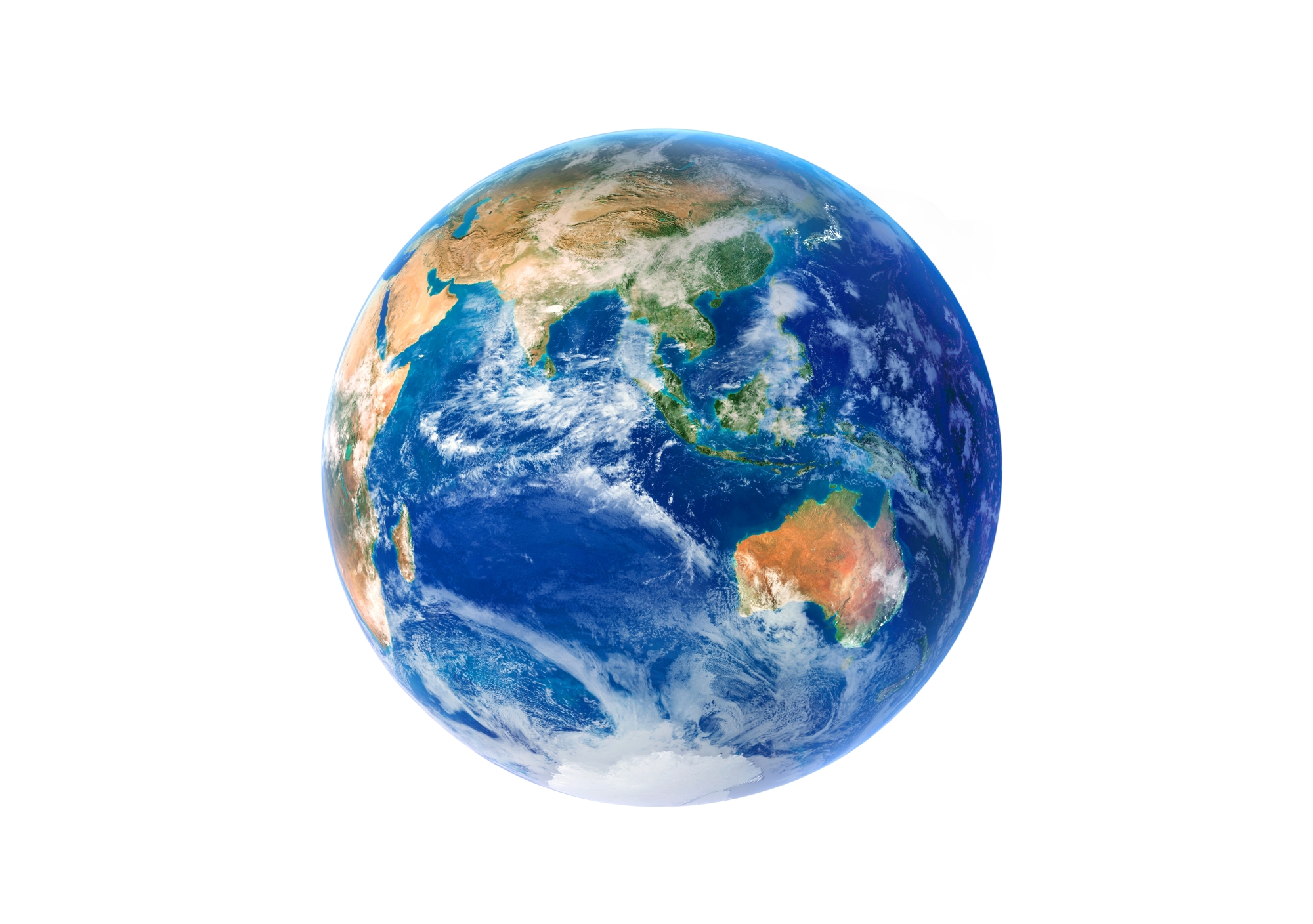Waseda’s Commitment to Realizing the Sustainable Development Goals
Wed, Apr 23, 2025-
Tags
Do not think only of your own interest, your family’s interest, or the interests of your country alone, but be ambitious to contribute to humankind throughout the world.
— Shigenobu Okuma, Founder of Waseda University
Waseda University is committed to doing our utmost to realize the Sustainable Development Goals (SDGs) set forth by the United Nations. This article introduces concrete examples of what we have been doing to meet each goal individually. But this is not all we do. For even more examples, see the Vision Report 2023-2024, in particular pages 62 to 79.
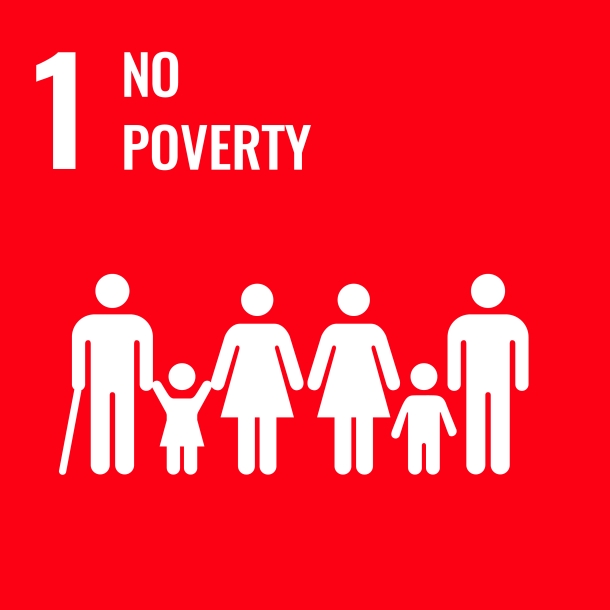
End poverty in all its forms everywhere
[Research] Research Institute for Children’s Social Care
Waseda kicked off a joint project with the Nippon Foundation and established the Research Institute for Children’s Social Care. The aim is to put in place social care systems that guarantee the best possible benefits for children who have difficulty living with their own parents due to challenging situations such as poverty, abuse, or a parent’s illness. This Research Institute conducts surveys/research aimed at helping foster parents and others provide social care in the household. It also implements, evaluates, and verifies the results of model projects for partnership with municipalities, and offers training. Based on the mission of improving conditions for all children, the Institute conducts activities in three main areas: empirical evaluations and research, practical support based on research results, and policy advice and guidance in the creation of initiatives based on research results. It conducted survey research and published reports related to social care promotion plans, as the survey research projects of the Ministry of Health, Labour and Welfare in FY 2021/22 and of the Children and Families Agency in FY 2023.
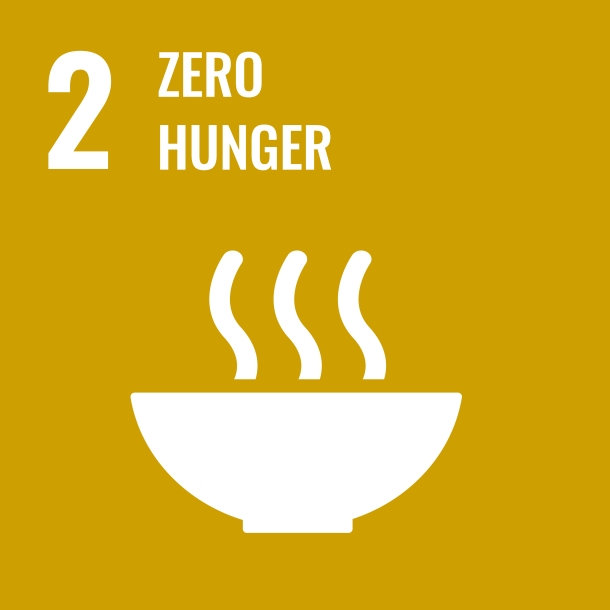
End hunger, achieve food security and improved nutrition, and promote sustainable agriculture
[Contribution] Activities by official circles
The geographical area named Waseda, which our University is named after, in Tokyo was at one time covered with rice fields. The name is derived from the term “wase,” a species of rice that ripens quickly was bred to be harvested early in order to avoid flooding from the Kanda River. Nogakujuku, an official Waseda circle, provides individuals who would not normally be able to experience agriculture with opportunities to think about agriculture through “wase-den,” a rice paddy in Okuma Garden that was revived in 2004. It passes on important knowledge and experience related to agriculture through hands-on lessons in rice paddy cultivation and farm work, interactions with local residents and other organizations, and research presentations on food, agriculture, and farming villages.
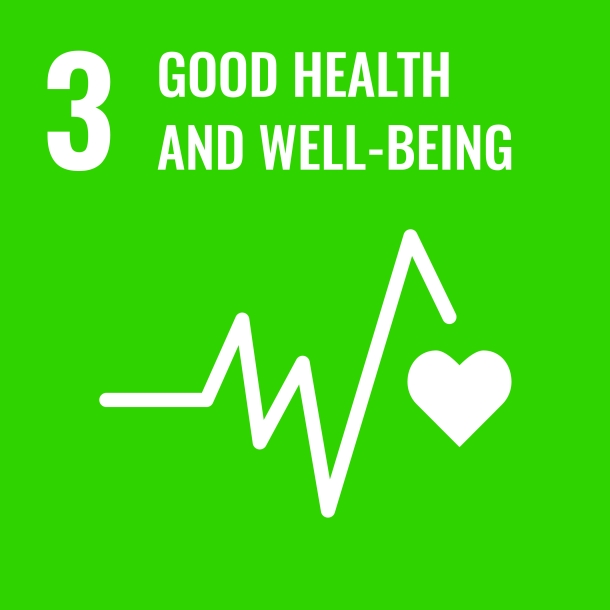
Ensure healthy lives and promote well-being for all at all ages
[Research] Health Promotion: The Joy of Sports and Exercise
The Health and Promotion: The Joy of Sports and Exercise unit of the Faculty of Sport Sciences was established to integrate research knowledge in the sport sciences and contribute to promoting health. It invites international educators and researchers to undertake education, research, and practice on the cutting edge of health and sport sciences. It also strengthens global engagement with top universities overseas, promotes the acceptance of international students, and encourages Waseda students to study abroad. The Global Sport University Network (GSUN)—a group of universities from around the world on sport— was established on September 13, 2023, and Waseda University was selected to represent Japan. Waseda will continue its efforts to resolve issues on a global scale through sports.
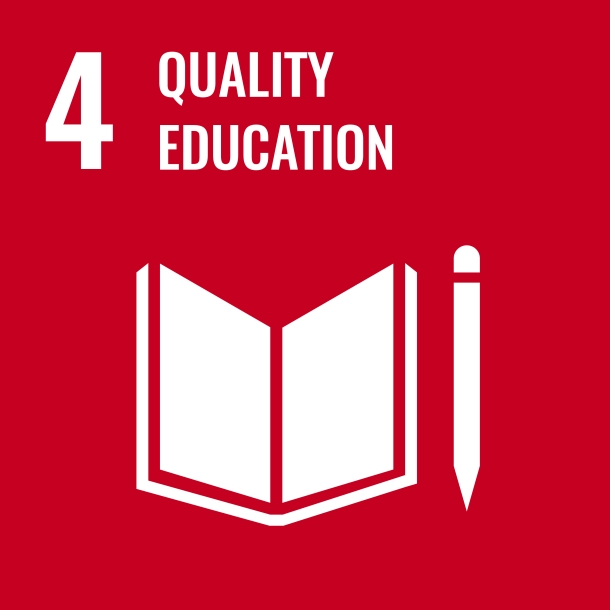
Ensure inclusive and equitable quality education and promote lifelong learning opportunities for all
[Education] On-demand and Life-long Education (Manabi no compass)
In 1886, four years after the University’s establishment, the first “Waseda Kogiroku (lecture transcripts)” were issued as a form of distance education, to provide learning opportunities to as many people as possible in an era when higher education was not available to everyone. Over the course of 70 years, the Kogiroku had more than 2 million readers. Carrying on the philosophy of publishing the knowledge of the University, in recent years, Waseda offers diverse non-degree programs that do not require academic credits. Students range in age from eight to 96 years of age, with around 53,000 students taking courses each year. Waseda has also incorporated online learning and other approaches in keeping with changes in the era, offering programs designed to meet a variety of goals
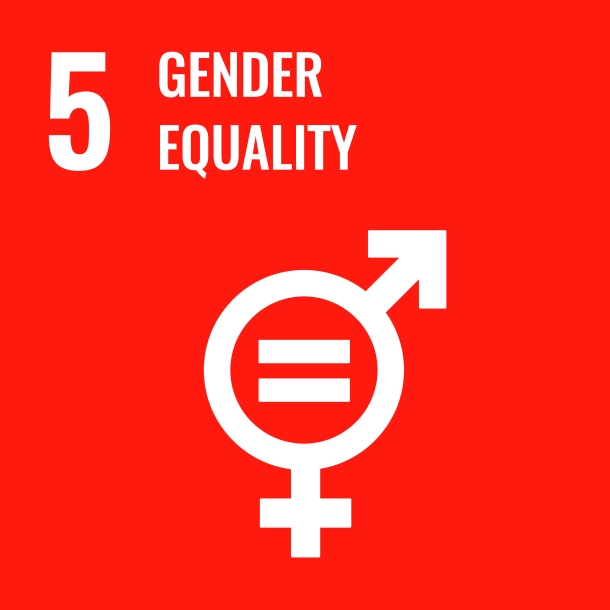
Achieve gender equality and empower all women and girls
[Progress] Gender and Sexuality Center (GS Center)
The center is the first of its kind amongst Japanese universities. It was established to support LGBTQ+ students and provide a place for all campus community members with an interest in gender and sexuality. It offers a multi-functional space, and conducts activities aimed at promoting diversity, equity, and inclusion (DEI). Operated mainly by student staff, the Center will continue to work toward its goal of being a space created by students working together. It welcomes students seeking counsel or just a place to be, students who want to deepen their learning and thinking, and students who want to participate in the Center’s activities and events.
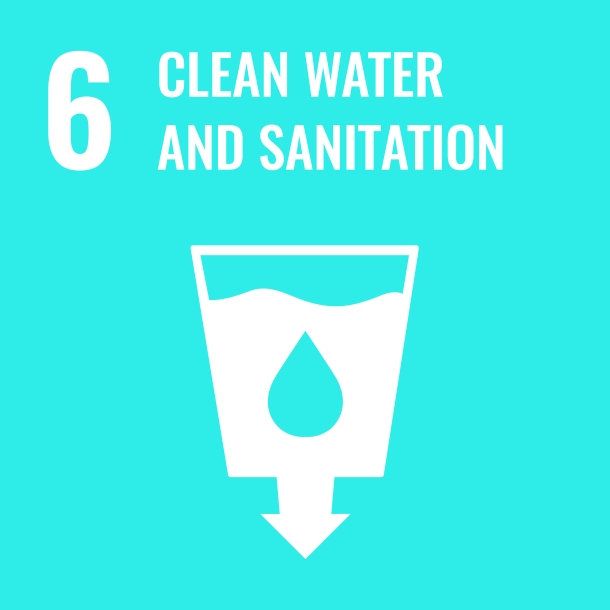
Ensure availability and sustainable management of water and sanitation for all
[Research] Institute for Water Cycle System Research
The Institute for Water Cycle System Research is Japan’s first social science research institute for the water and sewage business. It conducts research from a social science perspective, including economics and management, regarding problems involving water cycles in Japan and overseas (e.g., city water, sewage, industrial water, groundwater), and returns the benefits of that research to society. Specifically, it has been in charge of some elements of a project supporting the creation of a bill for the Clean Water Management Law in the Kingdom of Cambodia backed by Japan, and related project operations (Japan International Cooperation Agency and related government agencies) aimed at strengthening the management capabilities of the Cambodian Ministry of Industry, Science, Technology & Innovation (MISTI). Through these project activities, it has become possible to provide clean, safe, stable water supply services with appropriate fees.
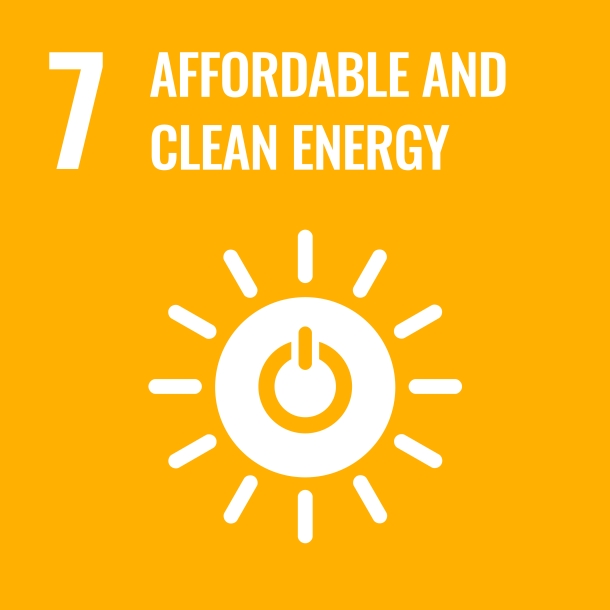
Ensure access to affordable, reliable, sustainable and modern energy for all
[Education] Ministry of Education, Culture, Sports, Science and Technology (MEXT) WISE Program (Doctoral Program for World-leading Innovative & Smart Education) POWER ENERGY PROFESSIONALS Waseda University Power Energy Professional training program (PEP)
Thirteen universities are collaborating to implement a doctoral training program to respond to changes in modern electric power and energy infrastructures and systems. Courses deepen knowledge in multiple fields transcending the boundaries of humanities and sciences, and outstanding students are provided with opportunities for joint research and fieldwork at overseas universities and research institutes. Student guidance, seminars, and fieldwork are also conducted through joint research with electric power and energy companies. This is a five-year comprehensive special curriculum, and students are registered at Waseda University throughout the program, so they can take classes in a consistent environment that transcends the boundaries of universities. The goal of these activities is to foster the knowledge of professionals.
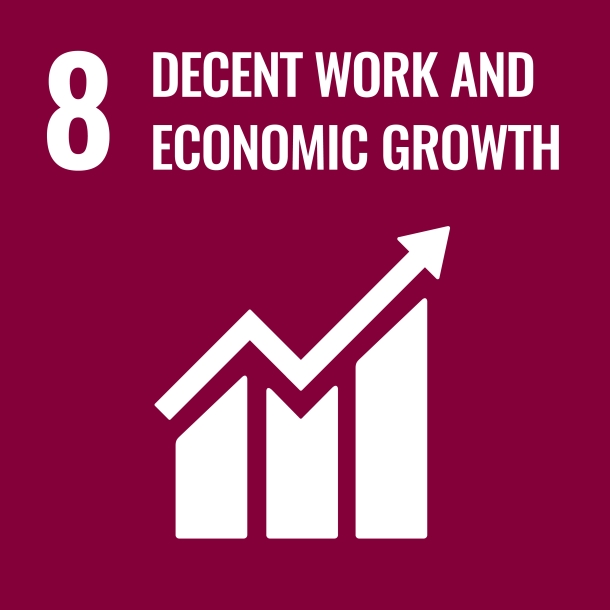
Promote sustained, inclusive and sustainable economic growth, full and productive employment and decent work for all
[Contribution] Waseda University Business Plan Contest
The Waseda University Business Plan Contest is the longest running contest in which the University is involved, with the first event being held in 1998. This year, which marks the 27th contest, there were 257 submissions on the overarching theme of new business ideas. The winning submission was a proposal on the theme of markets for care managers who support the long-term care insurance system. We expect that based on this experience, participants will actively contribute to society as entrepreneurs, or at the very least with an enterprising spirit and an anti-elitist philosophy.
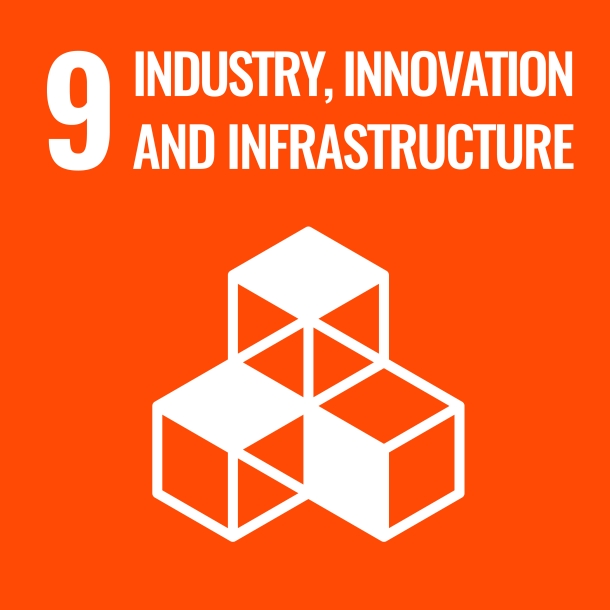
Build resilient infrastructure, promote inclusive and sustainable industrialization, and foster innovation
[Progress] Accelerating the creation of start-ups launched at Waseda
Universities are a source of innovation, and the researchers themselves have the power to discover new knowledge. As a university that continues to contribute to society, Waseda collaborates with WASEDA University Ventures (WUV), a venture capital company established in April 2022, to promote the creation of startups originating from the University.
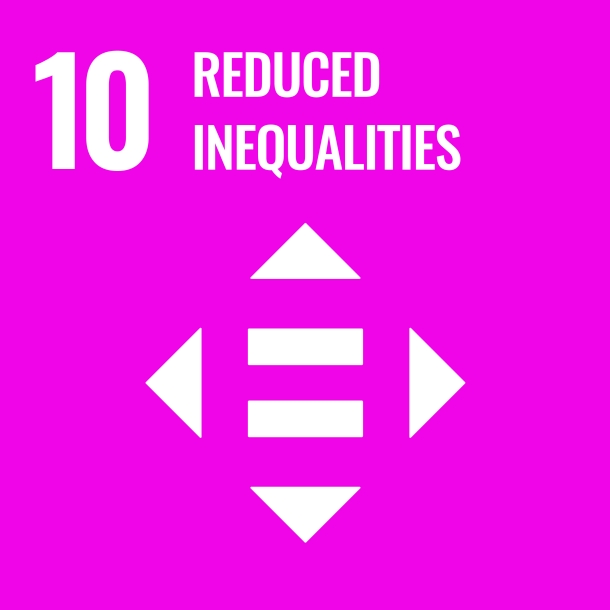
Reduce inequality within and among countries
[Education] Student Diversity Center
The goal of the Student Diversity Center is to create a campus that is accepting of diverse values and lifestyles, and which secures an environment that enriches the lives of diverse students, regardless of their race, ethnicity, nationality, gender, sexuality, religion, age, or disabilities. It conducts day-to-day activities at three offices: the Intercultural Communication Center (ICC), the Accessibility Resource Center (ARC), and the Gender and Sexuality Center (GS Center). Furthermore, it strives to form an academic community that generates new and more inclusive ideas, through support for students with diverse backgrounds in learning, education, research, and labor. By increasing sensitivity to the diversity of all students, we will foster students who can lead society with an understanding of diversity, equity, and inclusion (DEI), and contribute to development worldwide.
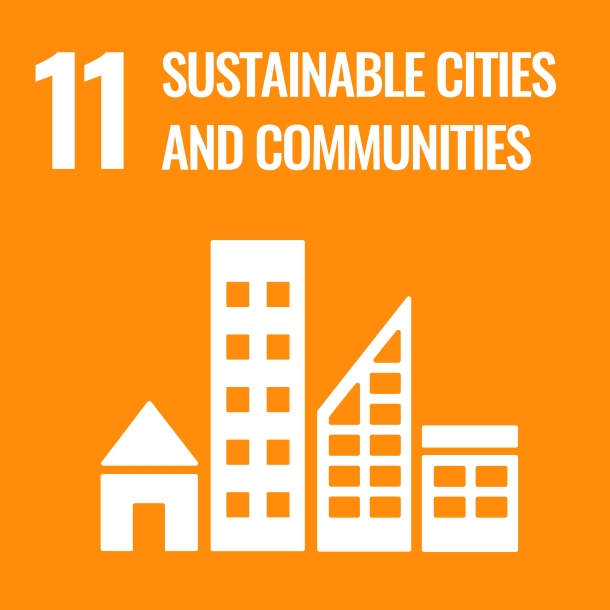
Make cities and human settlements inclusive, safe, resilient, and sustainable
[Research] Empirical research of smart meter data from Utsunomiya
A research group led by the director of the Research Institute for Advanced Network Technology (RIANT) at the Advanced Collaborative Research Organization for Smart Society (ACROSS), Yasuhiro Hayashi, along with other members began empirical research aimed at increasing utilization of locally generated renewable energy in Utsunomiya and promoting local production and consumption of energy. This research group has focused on analyzing data on the consumption and generation of electric power in households (smart meter statistical data) and developing a method of visualizing data by dynamically displaying analysis results on maps. Furthermore, in cities that have started converting to the use of electric buses as one of their main methods of public transportation, the group has worked on developing methods of optimizing the scheduling of charging electric buses. The group has also published the results of these activities.
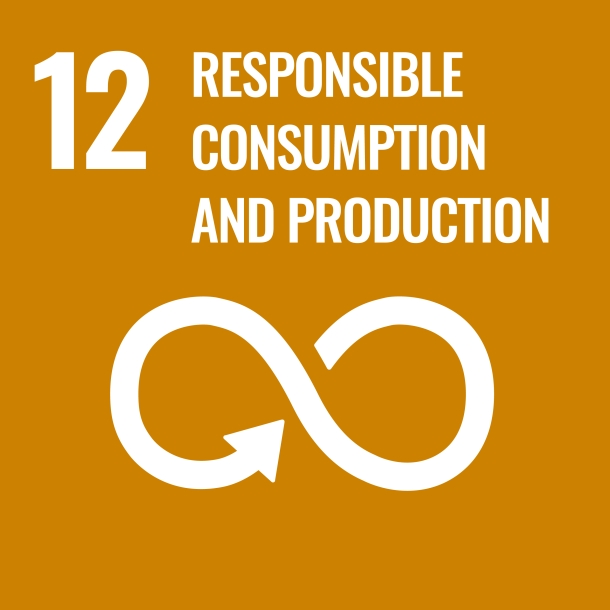
Ensure sustainable consumption and production patterns
[Contribution] Activities by official circles
The students’ environmental NPO Environment Rodoriges, Waseda University’s largest official environmental circle, takes on environmental issues in seven separate projects with different themes and approaches. In one of these projects, the “Eco no Waguma,” it introduces eco-containers and provides guidance on sorting waste at Waseda regional festivals, the Tomon-sai, a festival for graduates, and the Waseda Festival, a festival for students. Also, through Re-Cover: Environment x Product Development, it develops products from materials that would normally be thrown away and works toward the proliferation of recycled materials to achieve a recycling-oriented society. Based on diverse themes, it promotes environmental activities and changes in behavior through those activities.
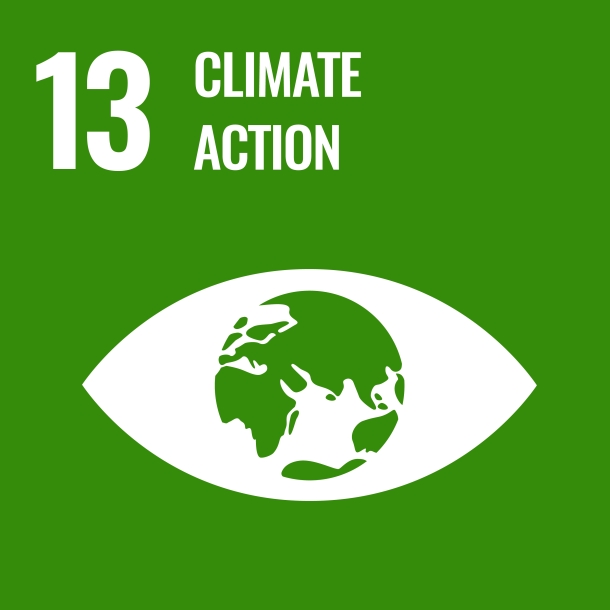
Take urgent action to combat climate change and its impacts by regulating emissions and promoting developments in renewable energy
[Progress] Organizational and operation structures contributing to a carbon neutral society
Waseda announced the Waseda Carbon Net Zero Challenge 2030s in November 2021 and established the Waseda Center for a Carbon Neutral Society in December of the following year in response to climate change arising as a result of global warming, which is a global issue. Based on top-down leadership from the President, Waseda has implemented a variety of initiatives related to carbon neutrality, with Provosts holding overall responsibility and with the Center’s director playing a central role. Top-level researchers in the field of carbon neutrality have been designated as principal investigators (PIs) based on four KPIs— (1) academic papers, (2) number of doctorates, (3) outside capital, and (4) social contributions—to offer economic and human incentives, and to strategically promote research and education activities that contribute to carbon neutrality.
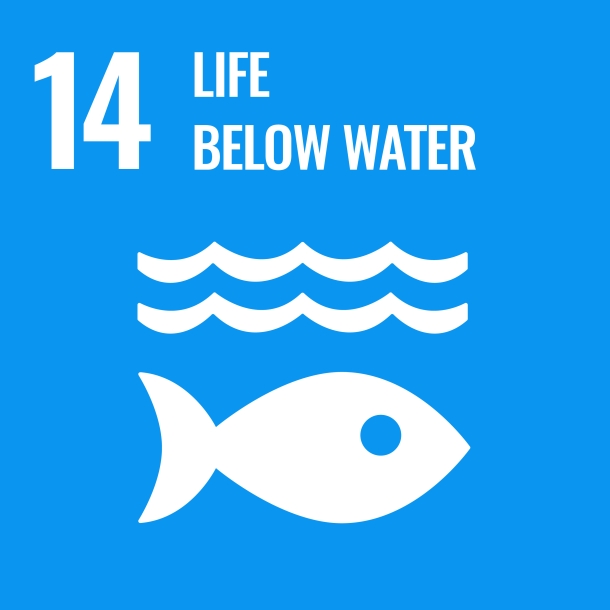
Conserve and sustainably use the oceans, seas and marine resources for sustainable development
[Education] Invitation to the Ocean
“Invitation to the Ocean” is a collaborative course with the Tokyo University of Marine Science and Technology, with which Waseda University has signed a University-Wide Agreement. Vast oceans cover more than 70% of the Earth’s surface, and for Japan, which is surrounded by the ocean on all sides, it is essential and inseparable from people’s daily lives. In the context of social lifestyles, there is great value in using the ocean, but in order to ensure livable environments for the Earth’s creatures, we must also pay attention to the protection and recovery of ocean environments. What is needed right now is the wisdom to know the ocean and protect it while using it effectively. At Waseda, students acquire the ability to understand sciences related to the ocean, and through the ocean, to think about the ideal form of nature and human society.
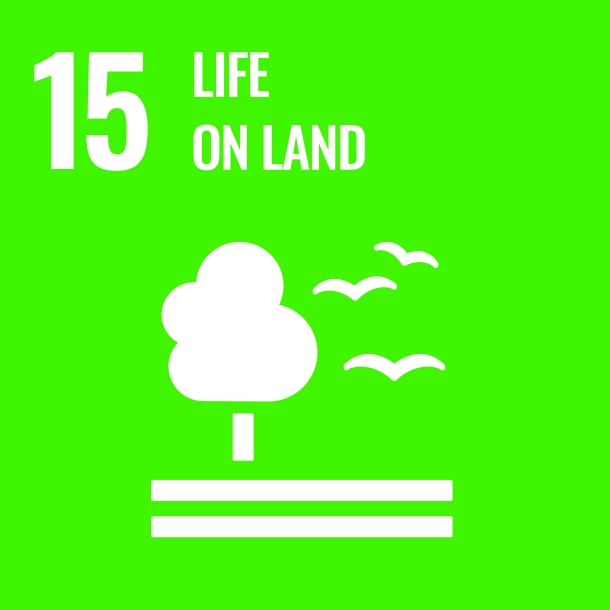
Protect, restore and promote sustainable use of terrestrial ecosystems, sustainably manage forests, combat desertification, and halt and reverse land degradation and halt biodiversity loss
[Contribution] Tokorozawa Campus marshland protection activities
The Tokorozawa Campus is located on the north side of Sayamakyuryo Hill and has 3ha of marshland and mixed forests. Waseda University established the Natural Environmental Research Laboratory in 1987, conducting ecological surveys and research in the campus’s marshlands and forests, striving to maintain biodiversity and protect the marshlands on the campus and in surrounding regions. Students also participate in ecological surveys on fireflies, harvest mice, and other organisms. In 2010, rice production was initiated as part of marshland protection activities; students and local residents combine their efforts to harvest “Waseda Rice” each year, providing an opportunity to experience the bounty of this cyclical mountain environment.
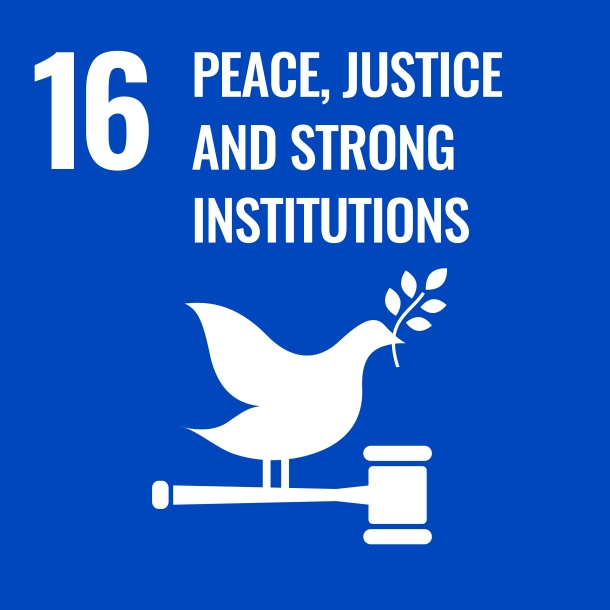
Promote peaceful and inclusive societies for sustainable development, provide access to justice for all and build effective, accountable and inclusive institutions at all levels
[Progress] Compliance initiatives
Waseda University implements day-to-day monitoring by the executive divisions themselves, and builds systems for internal control, including executive management and internal audits. In addition, it responds to individual cases, conducts educational activities, and implements measures to prevent compliance violations before they occur. Compliance activities include the maintenance of regulations on academic research ethics, harassment prevention, information security and the protection of personal information, campus safety management, and whistleblower protection, and the establishment of specialized committees in each of these areas. In 2014, a risk management and compliance promotion structure were put in place with the president of the University serving as chief administrator in order to build a unified, University-wide structure for these mechanisms. In December 2020, the Office of Compliance was established to contribute to Waseda University’s healthy and appropriate operation, and to increase social trust.
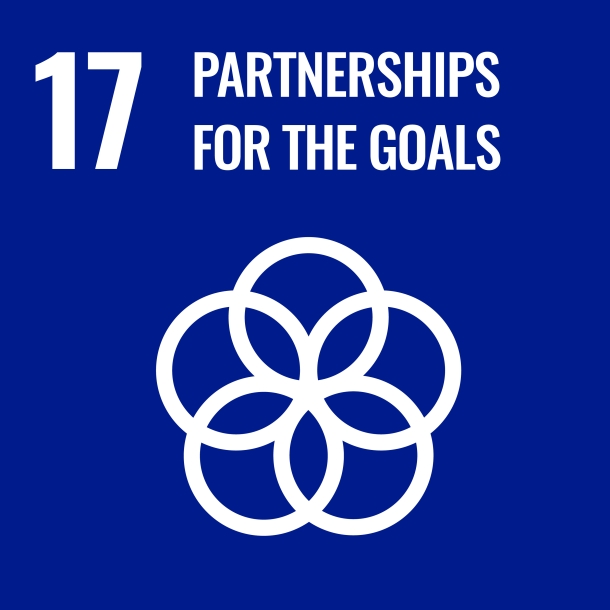
Strengthen the means of implementation and revitalize the global partnership for sustainable development
[Progress] Three Global Center concepts
Waseda University has built a three-part unified management structure focusing on three Global Centers, as a promoting organization to establish “Waseda’s Research,” “Waseda’s Education,” and “Waseda’ s Contribution,” on the foundations of the founding spirit of the “Independence of Scholarship,” “Practical Application of Scholarship,” and “Fostering of Good Citizens.” These three Centers play a leading role in achieving consistent management with a focus on contributions, transcending traditional siloed boundaries. Furthermore, by generating synergistic effects through mutual organic connections, we will powerfully promote contributions to humanity through convergence of knowledge based on this three-part structure.
- Links


